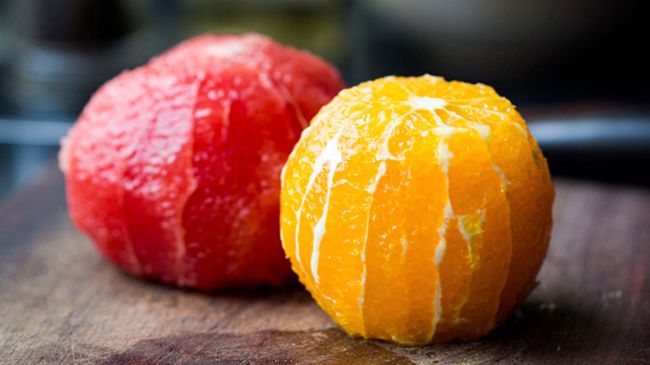
Now, no one is pushing you to start making homemade concoctions and selling them at your doorstep, but even if you are mixing simple items, you will need some form of preservative for your mixtures to avoid spoilage. According to Livestrong, “Preservatives are substances, natural or synthetic, that help keep foods fresh looking and tasting longer and prevent them from rotting or deteriorating too quickly.” Since many of our mixes tend to contain water, peptides, and carbohydrates, they can create a breeding ground for microbes.
Commercial products tend to be formulated with preservatives so they remain fresh for long periods between manufacturing to consumer use. These preservatives are necessary to extend the longevity of the products but some have been affiliated with skin rashes, allergies, and even some cancers. This is one of the many reasons many often prefer steering clear of synthetic preservatives but like all things, it is not that simple. Synthetic preservatives allow products to last longer when compared to natural preservatives.
There is a slight reprieve for mixtresses who refuse to use preservatives, synthetic and natural. Avoiding water in your mixture extends the life of your product greatly because anything with water is less likely to have a good shelf life. DIY products like balms, waxes, and oils fall under this category as they will have little to no water. Of course most formulations we love and need for our tresses will have water as one of the first five ingredients! For that reason preservatives are a must, and if synthetic preservatives are not something you want to use then you may need to consider natural preservatives.
Natural preservatives sound like a logical choice for most but they will not keep your products as long as synthetic preservatives and there is still some controversy concerning their effectiveness. The best way to utilize them successfully would be adding natural preservatives to small quantities of your mixtures to ensure they get used in a short amount of time and stave off spoilage and microbes. Here are some great natural preservatives that are safe for your tresses and will aid in fighting off bacteria and spoilage.
Grapefruit Seed Oil
Grapefruit seed extract is a natural antibiotic, antiseptic, disinfectant, and preservative. It is a powerhouse and a study from The Journal of Alternative and Complementary Medicine found it was effective in killing over “800 bacterial and viral strains, 100 strains of fungus, and a large number of single and multi-celled parasites.” This is used by many mixtresses when creating products with water.
Lemon Juice
Lemons produce an acid that promotes preservation. It contains plenty of vitamin C (also known as ascorbic acid and a powerful antioxidant that prevents spoilage and rotting”>. Lemon juice is similar to salt by drawing out the water content and balancing the pH factor and natural acids in foods.
Germaben II
This ready-to-use and convenient broad spectrum anti-microbial preservative is great for shampoos, conditioners, lotions, and creams. It is a clear, viscous liquid with a mild odor. From Nature with Love says it is highly effective against gram positive and gram negative bacteria, yeasts, and molds.
Liquid Germall Plus
Liquid germall plus is another broad spectrum preservative that is highly efficacious and ready to use for personal care formulations. It is a water-soluble preservative for oil-in-water emulsions, water-in-oil emulsions, and water soluble formulations. According to Hair Recipes, it is highly effective against gram positive bacteria, gram negative bacteria, molds, and yeasts. It is also compatible with most cosmetic ingredients. A great choice for shampoos, conditioners, lotions, creams, body sprays, and body washes.
Rosemary Extract
This extract acts like a natural antioxidant and a powerful preservative. With its anti-microbial composition that contains carnosic and rosmaranic acid, it acts like a shield to decay. Livestrong says this potent natural preservative will extend the shelf life of your creams and lotions.
Vitamin E
There are conflicting opinions on vitamin E being an effective preservative, but it truly deserves the right to sit at the preservative table with the big boys. Companies that use it for mixed tocopherols as an alternative to synthetic antioxidants are investigating Vitamin E. A chemist from Crunchy Betty says that when added to oils, vitamin E will prolong the shelf life of oil otherwise exposed to oxygen causing oxidation. According to Simply-Eden, vitamin E is an anti-oxidant but feel because it only helps to prolongs the shelf life and not actually preserve the mixture it should not be added with water-based products.
Which preservative do you use?
